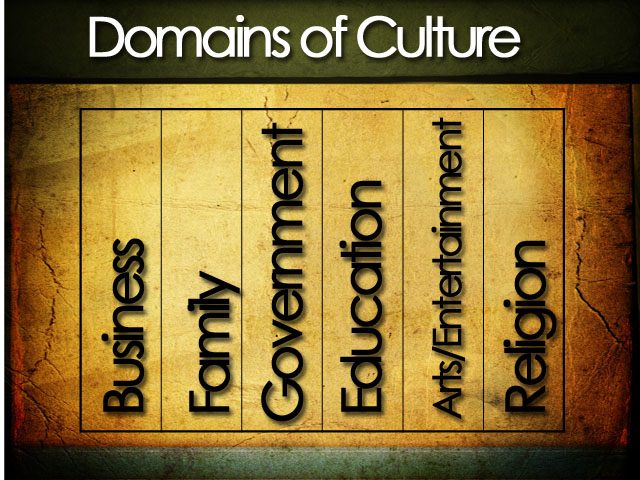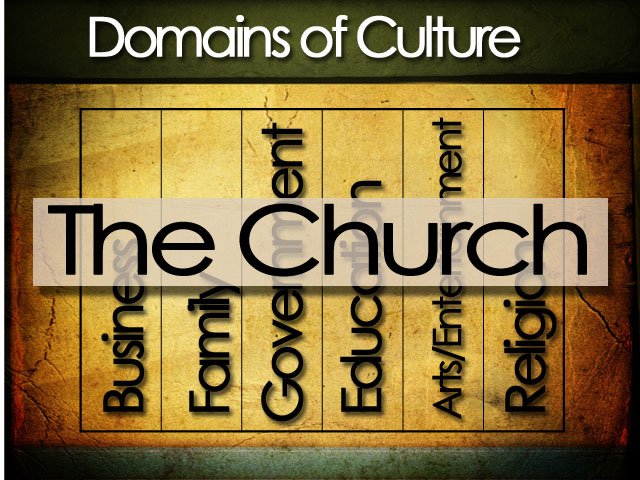Greater Things (John 14:6-24)
“I tell you the truth, anyone who has faith in me will do what I have been doing. He will do even greater things than these, because I am going to the Father.” John 14:12
Jesus said we will do “greater things” than He has done. I’ve always wrestled with this. What did He mean? He did many miracles and amazing things that no one had ever done before- and no one will ever do again- yet He says we’ll do even “greater things”. How will we do “greater things”?
- His presence is no longer confined to one body.
- He will be unleashed in us.
Many followers of Jesus have underestimated the power of Christ in us. It is the power of the Holy Spirit in us that brings transformation- in OUR lives and in the lives of others. If you are a child of God, when you show up, you change the entire environment, an entire setting of a room. You are a child of God! HIS presence is IN you. You walk in and God shows up! Do you know people like that? I do. Are you one of those people? Have you ever been with someone and the moment they walk into the room they seem to suck all the positive air out of the room? Unfortunately many Christians can be that way. Instead, we should recognize our influence as salt and light in our encounters with others.
- His movement is no longer restricted to one area.
- He will be scattered in us.
When Christ was on earth His ministry was confined to a relatively small area in Palestine. Once He was raised and ascended His followers were scattered in to ever-increasing regions of the world. They moved out, not independent of Him, but totally dependent on Him by His Spirit in them. When Jesus was on earth He impacted thousands but since His ascension (and the Coming of the Holy Spirit in Acts2) He has transformed billions of lives. Only God can do that!
- His Spirit is no longer tethered to one Person.
- He is now in us.
When Jesus walked the earth, the very presence of God was upon Him- the Spirit “tabernacled” in HIM. And Jesus taught that the Spirit would not come to us until He was gone (i.e. John 14, 17). So the Spirit was confined to one Man- Jesus. His prophesy is fulfilled in Acts 2 on the day of Pentecost when the Spirit comes upon the people. Consider this: We often think of the “greater things” as the miracles of Jesus. But in Acts (once the Spirit is unleashed) the greater miracle emphasized is the miracle of salvation.
It is always important for the Church to gather but it is the Church scattered that brings about the “greater things”. Our first order of mission is never accomplished in our gatherings but as we are scattered into the world, serving others as Jesus did. Today His Spirit resides in us as His incarnational presence lives in us.
“A new command I give you: Love one another. As I have loved you, so you must love one another. By this all men will know that you are my disciples, if you love one another.” John 13:34-35



